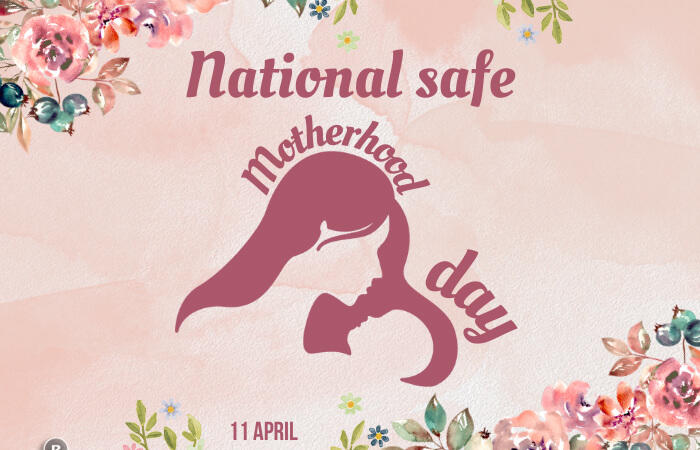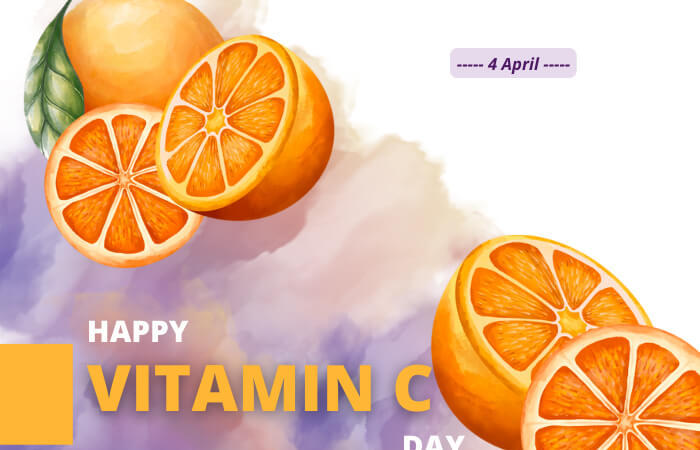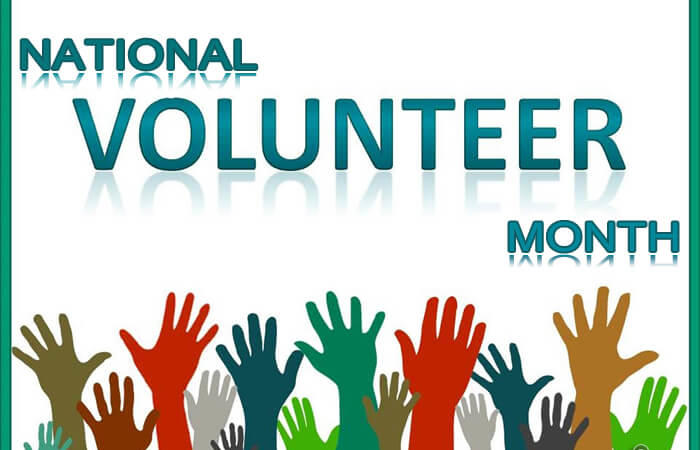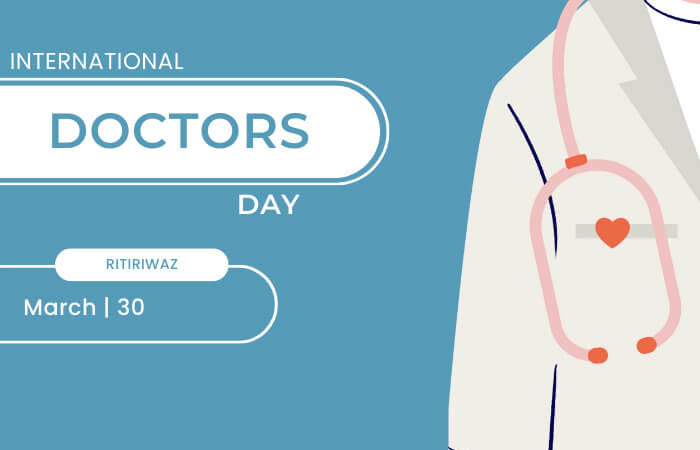International Day of the Midwife
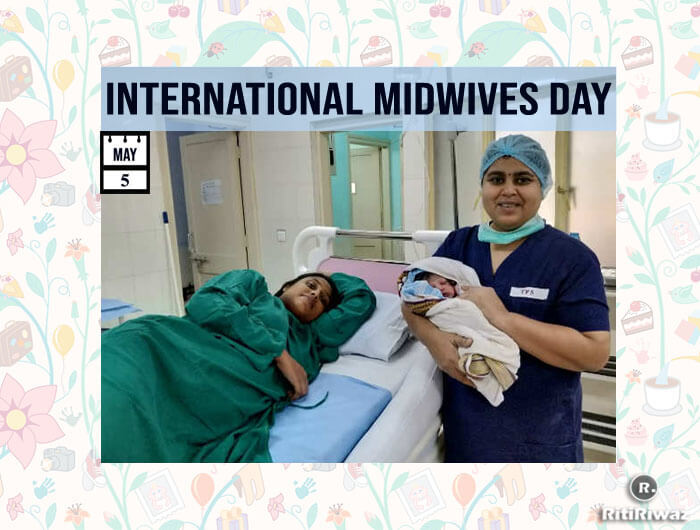
International Day of the Midwife (IDM) is celebrated on 5th May worldwide. The day highlight and appreciates the contribution of women who help in the safe delivery of babies.
International Day of the Midwife theme for the year 2025 is “Midwives: Critical in Every Crisis”. The theme advocate investing in quality midwifery around the world, and improving sexual, reproductive, maternal, newborn, child, and adolescent health in the process.
History of Midwife
The history of Midwifery goes back to prehistory, midwives have existed for as long as babies have been born. There are references to midwives in ancient Greek and Roman texts, and midwives are mentioned in the Bible. Knowledge about midwifery passed from woman to woman, and new midwives were made by apprenticing at an experienced elder’s side.
Midwifery –It’s one of the oldest practices—the first known reference to it appeared in Egyptian medical papyri between 1900 and 1550 BC. It is one of the potentially life-saving professionals who can reduce preterm births, episiotomies, and other complications that can arise pre-and post-partum. Midwives’ services help women survive childbirth better, and babies are more likely to have a healthy start in life.
The term midwife comes from the English word with (mid) and woman (wif) and the original version it meant “with a woman” i.e., a person who watches over her mother during childbirth. The word “midwives” is generally used in reference to midwives of both the female and male sexes. A small number of men have trained to become midwives. The gender difference between the medical and midwifery professions, present since the time of Hippocrates, is about to disappear.
Midwives can identify complications around pregnancy and childbirth early, provide first-line emergency care, and when needed, refer cases to appropriate higher-level care. When adequately trained, midwives can also provide prenatal care, family planning, testing, and counseling for sexually transmitted infections, assistance at delivery, postpartum care, newborn care, and breastfeeding support.
A midwife is valuable to your community because they:
-
Help women and their families understand the importance of prenatal care; thereby reducing cost and improving birth outcomes.
-
Promote understanding of the normalcy of the birth process, thereby reducing the need for drugs and unnecessary costly interventions.
-
Provide support for enhancing communication skills, thereby helping women build self-esteem and better family relationships.
-
Promote breastfeeding, thereby reducing infant illness and increasing parental confidence. Offer safe, low-cost care to the women of your community.
The World Health Organization (WHO) has noted the impact midwifery care has on improving infant mortality and reducing cesarean birth rates. WHO also recommends the training of more professional midwives, as they are the appropriate care providers for normal pregnancy and birth.
The idea of celebrating International Midwives Day was born in 1987 at a conference of the International Confederation of Midwives in the Netherlands. For the first time, this day was celebrated on May 5th, 1991 under the motto “Towards safe birth for all by the year 2000”. Since then, International Day of the Midwives has been celebrated in more than 50 countries around the world, with the involvement of the World Health Organization and the International Confederation of Midwives, among others.
In many countries, numerous events, conferences, and celebrations with speeches by important delegates are organized on this day. The International Federation of Gynecology and Obstetrics has taken a big step towards strengthening obstetrics worldwide.
On this special day, it organizes a free virtual conference, during which various educational materials are presented, prepared by speakers from different parts of the world. It was first organized in 2008 and today it brings together the entire obstetrics community.
On Midwives’ Day, we can celebrate, share stories, and thank the midwives you personally know for providing families with a safe and respectful way to grow their families. You can also celebrate midwifery by thanking them on social media and using the hashtag #IDM2021, #ThanksHealthHeros, #SupportNursesandMidwives.
In all cultures, the midwife’s place is on the threshold of life, where intense human emotions, fear, hope, longing, triumph, and incredible physical power enable a new human being to emerge. Her vocation is unique. — Sheila Kitzinger
Suggested Read: Breastfeeding Week



